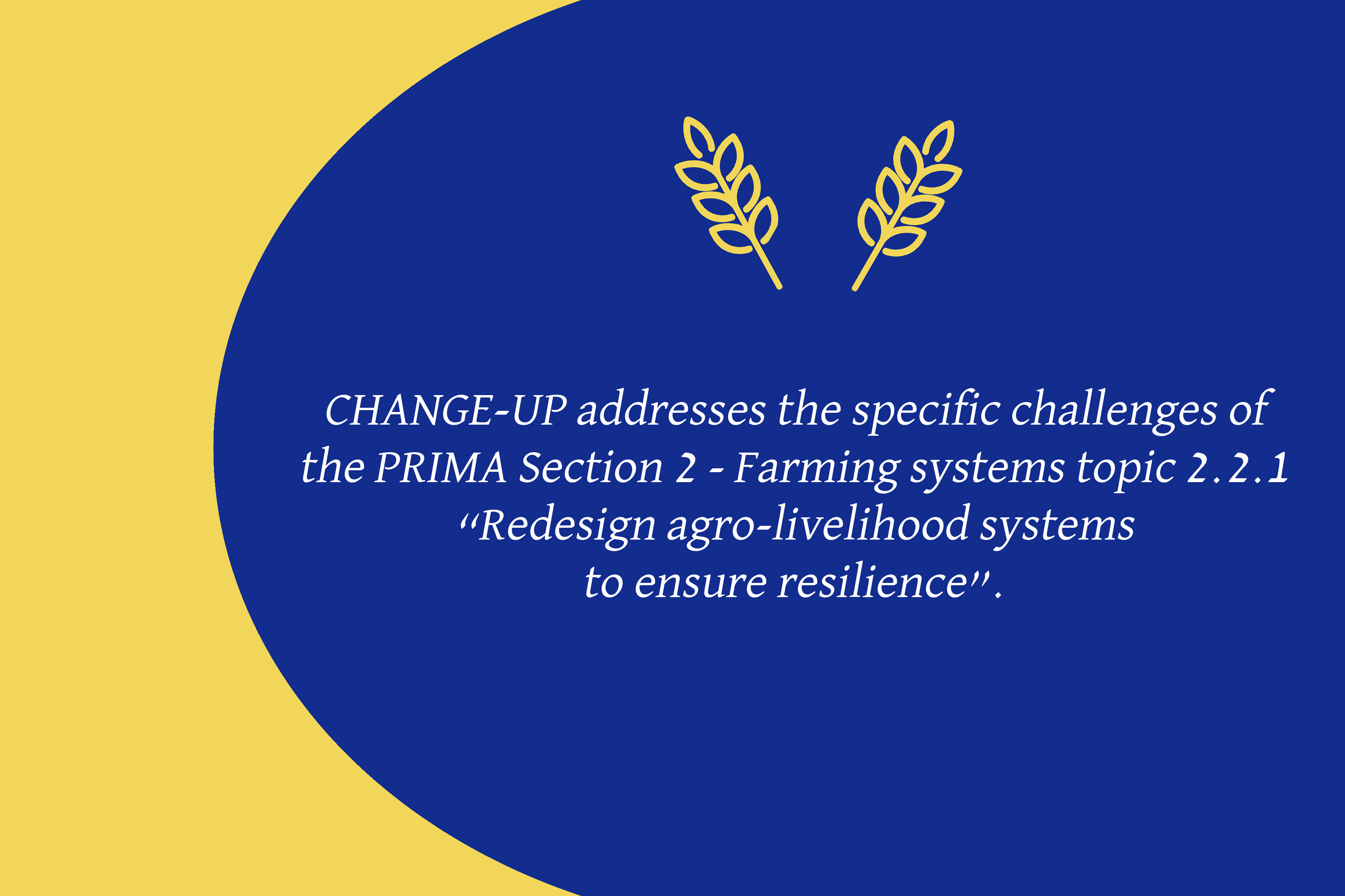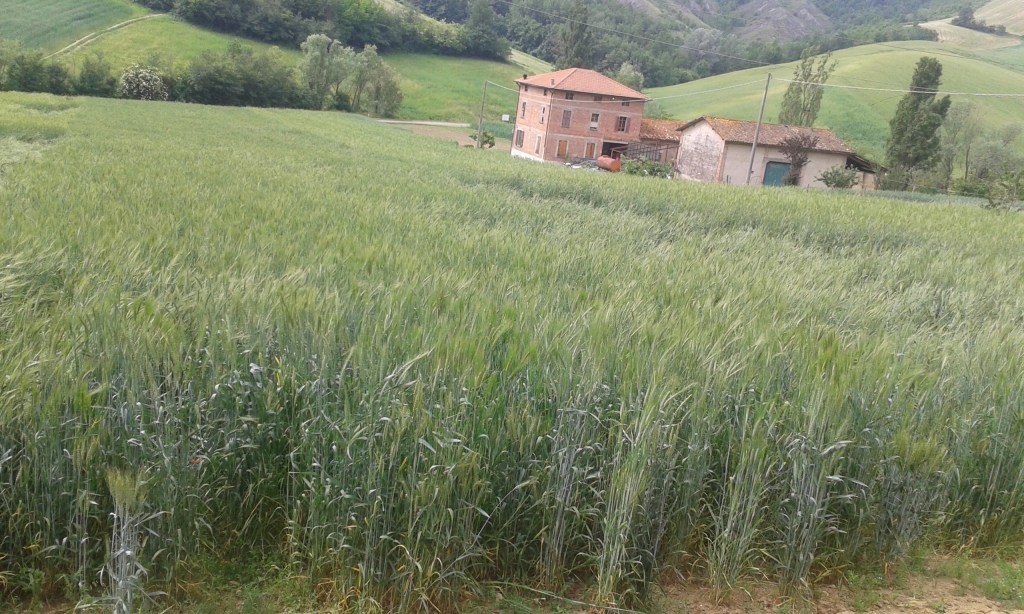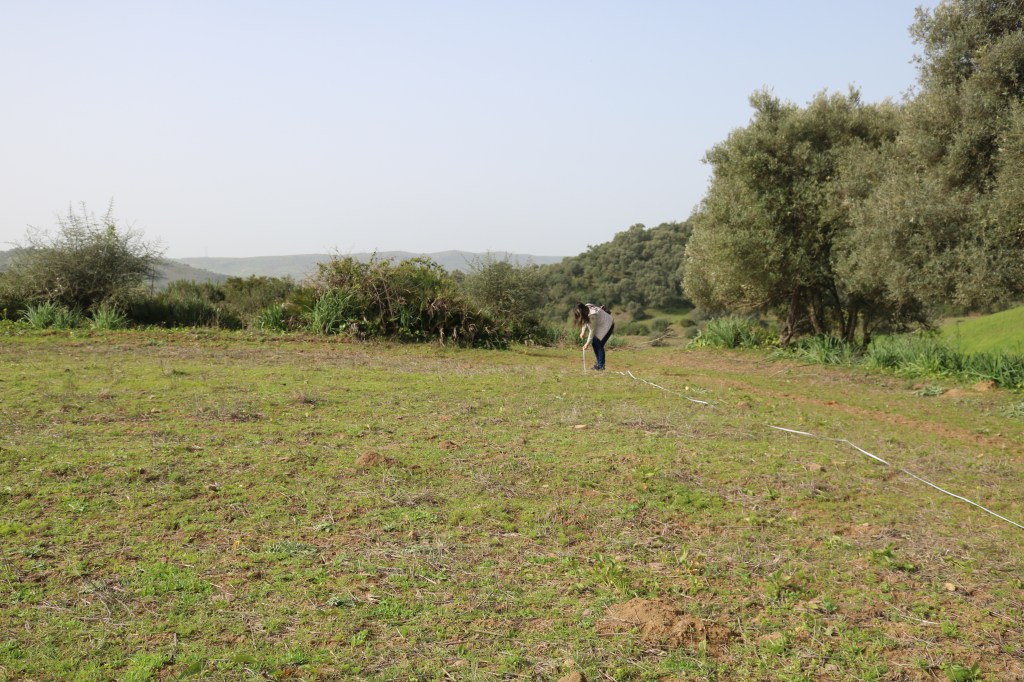Innovative agro-ecological APProaches to achieving resilience to climate CHANGE in Mediterranean countries
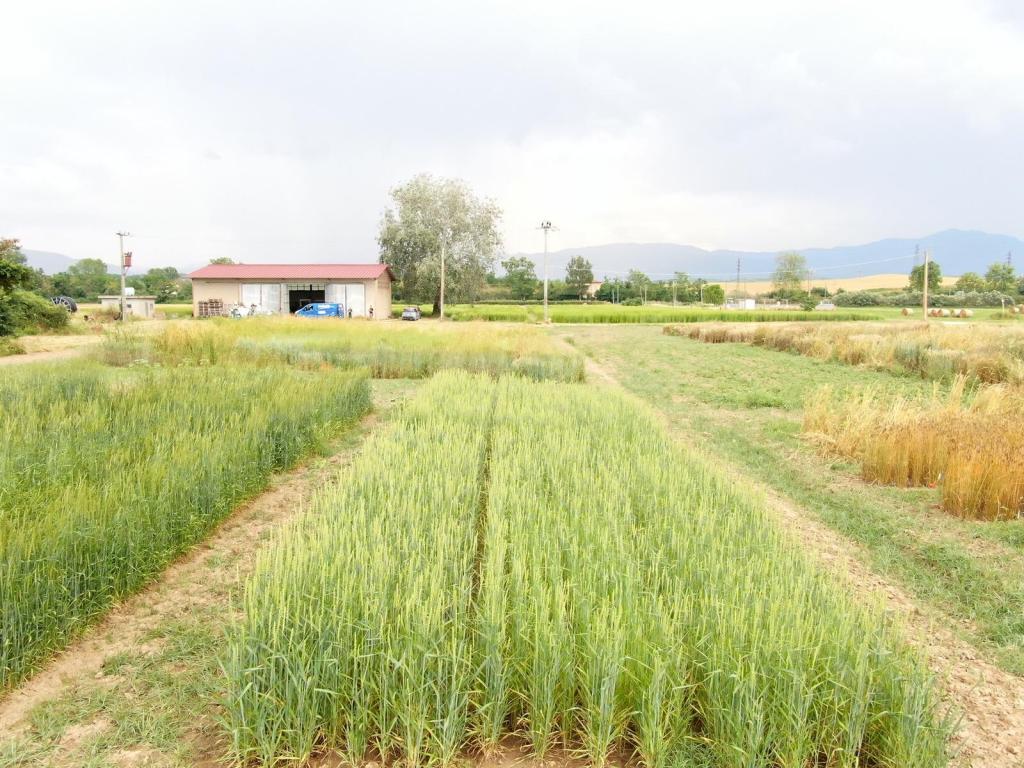
New Perennial Grains (NPGs)
NPGs are new species obtained by hybridization and/or domestication holding great potential in ameliorating soil physical-chemical properties, biodiversity and food web composition. The longer growing season of NPGs, their more extensive root systems, and the permanent soil cover, make them more competitive against weeds and more effective at capturing nutrients and water. In addition, perennial soil cover reduces the need for tillage, protects soil against erosion and increases soil C storage through the reduction of soil organic matter oxidation.
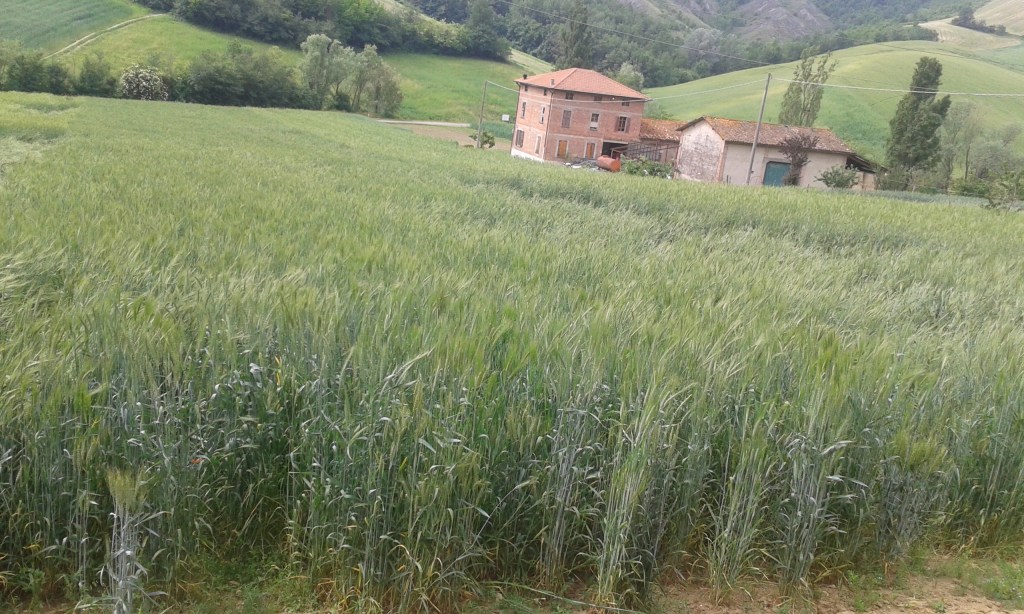
Evolutionary populations (EPs)
Cereal EPs possess a high degree of within crop genetic diversity (heterogeneity), thus holding an inherent higher buffering capacity than homogeneous varieties to adapt to various abiotic and biotic stresses. EPs are therefore well suited to low input and organic agriculture due to their ability to produce good and stable yields even when the availability of resources decreases or when climatic conditions become extreme.
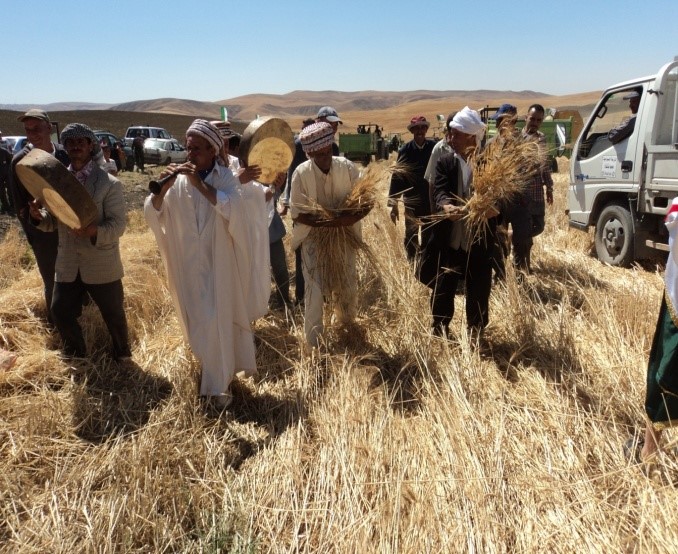
Farm supply models and access to online training
CHANGE-UP will combine quantitative and qualitative analysis of EP and NPG’s potential for livelihood improvement along the value chains, thus setting the basis for an adaptive management of cropping systems by farmers and allied stakeholders. Social-ecological mental modelling and resilience assessment will be used to understand the range of factors influencing livelihood of smallholders when EPs and NPGs are integrated in farming systems and value chains and to outline alternative development trajectories. The project provides for the training of researchers from the countries involved who are interested in the topic. The objective of this training is therefore to create the conditions to reach a proper degree of standardisation in data collection and coding. In particular, the aim is to familiarise researchers with the meaning of psychosocial research and with the use of instruments such as the questionnaire, the interview and the T-group conduct applied to this field of research.

Consortium
The Change-Up Consortium is composed of 7 partners from 5 Mediterranean countries.
Italy, France, Algeria, Tunisia, Morocco. A well-balanced collection of partners dedicated to re-design innovative farming systems for the Mediterranean area.
PRIMA-funded project

This project is part of the PRIMA (Partnership for Research and Innovation in the Mediteranean Area) programme supported by the European Union. This website reflects only the author’s view and PRIMA is not responsible for any use that may be made of the information it contains.
Contact
E-mail: info@changeupproject.com
Address (Coordinator)
Dept. of Food and Drug,
Parco Area delle Scienze, 27/a
University of Parma, I – 43124 PARMA (Italy).

